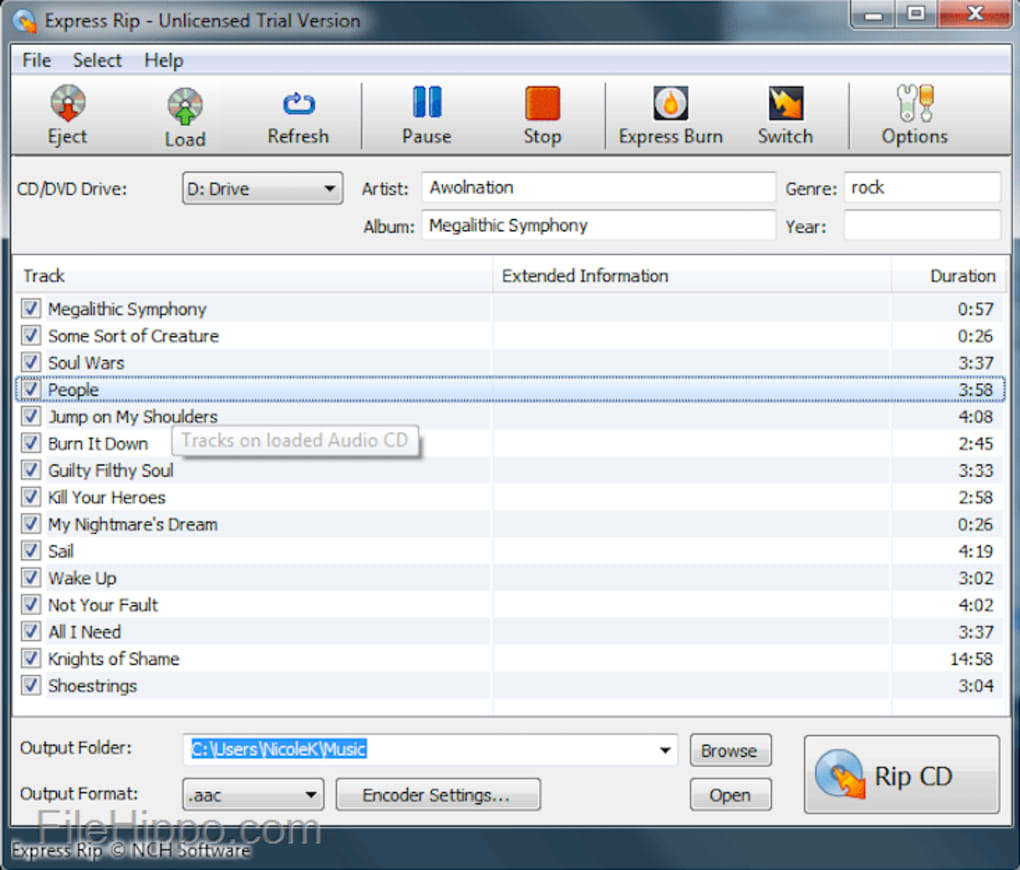

- #METADATA EXTRACTOR ONLINE MOVIE#
- #METADATA EXTRACTOR ONLINE SERIES#
- #METADATA EXTRACTOR ONLINE TV#
- #METADATA EXTRACTOR ONLINE FREE#
If there is a local image file representing a music album or a video it can be used. For episodic content, Serviio looks for series.xml file in the parent folder and metadata/.xml for the episode details.
#METADATA EXTRACTOR ONLINE MOVIE#
Serviio supports importing Media Center Master metadata files.įor movie metadata, Serviio looks for a file movie.xml. nfo and tvshow.nfo (in the same or any parent folder). Using this extractor will enable you to completely manage your media library metadata via XBMC.įor movie metadata, Serviio looks for a file movie.nfo or. Using this extractor will enable you to completely manage your media library metadata via Swisscenter. Serviio supports importing XML files generated by Swisscenter media center. Alternatively you can give Serviio a hint by including the IMDb ID in the file name.
#METADATA EXTRACTOR ONLINE FREE#
If not, feel free to contribute to them and add or edit the metadata. If your video cannot be recognized try to name your file or folder more accurately and double check if the video is present in the above online databases. In a case there are other movies with the same title, but different release years, you can include the year in the title of the video (or the parent folder), e.g. The other files will be treated as movies. 01-02 - MySeries - EpisodeTitle.avi, MySerie - 1 - 02 - Episode name.avi) file name includes 'season 1 episode 02' (e.g.file name includes 01x02, 1x2 or 1x02 (e.g.file name includes S01E01, S1E2 or S1E01 (e.g.
#METADATA EXTRACTOR ONLINE SERIES#
These are the file name patterns that will identify an episode of a series (season 1, episode 2): If found the metadata is stored in the media library.
#METADATA EXTRACTOR ONLINE TV#
Serviio can retrieve metadata for movies (using and TV series (using It will parse the name of your media file (and its parent folder) and try to make out the movie/series name. This is currently only supported for video files. For video files this extractor generates the video's thumbnail.

This is the case of audio files (ID3 tags, WMA tags, etc) and some image files (EXIF tags). Some media files may include metadata stored in the media files themselves. The current release includes these extractors (by priority): Metadata found by an extractor with higher priority overwrite metadata found by an extractor with lower priority. The idea is that all (enabled) extractors will run for each media file and try to get as much metadata as possible. Import .Serviio supports priority-based configuration of metadata extractors. Given below is the complete program to extract metadata from a text file. now this metadata object contains the extracted metadata of the given file. Parser.parse(inputstream, handler, metadata, context) ParseContext context = new ParseContext() Metadata metadata = new Metadata() //empty metadata objectįileInputStream inputstream = new FileInputStream(file) Therefore, after parsing the file using parse(), we can extract the metadata from that object.īod圜ontentHandler handler = new Bod圜ontentHandler() This method extracts the metadata of the given file (if that file contains any), and places them in the metadata object. Whenever we parse a file using parse(), we pass an empty metadata object as one of the parameters. It takes a metadata name and returns a value associated with it. Using the name of the metadata, we can get the value using the get() method. It returns all the names as a string array. We can extract the list of all metadata names of a file from its metadata object using the method names(). In addition, this class provides various methods to extract the content from a file. to provide support for various metadata models. This class implements various interfaces such as ClimateForcast, CativeCommons, Geographic, TIFF etc. It provides the PropertyType and ValueType enums to capture the name and value of a metadata. Tika uses the Property class to follow XMP property definition. You can embed this standard into several file formats such as PDF, JPEG, JPEG, GIF, jpg, HTML etc. XMP provides standards for defining, creating, and processing of metadata. The Extensible Metadata Platform (XMP) is a standard for processing and storing information related to the content of a file. If we consider an audio file, the artist name, album name, title comes under metadata. Metadata is nothing but the additional information supplied with a file. Besides content, Tika also extracts the metadata from a file.


 0 kommentar(er)
0 kommentar(er)
